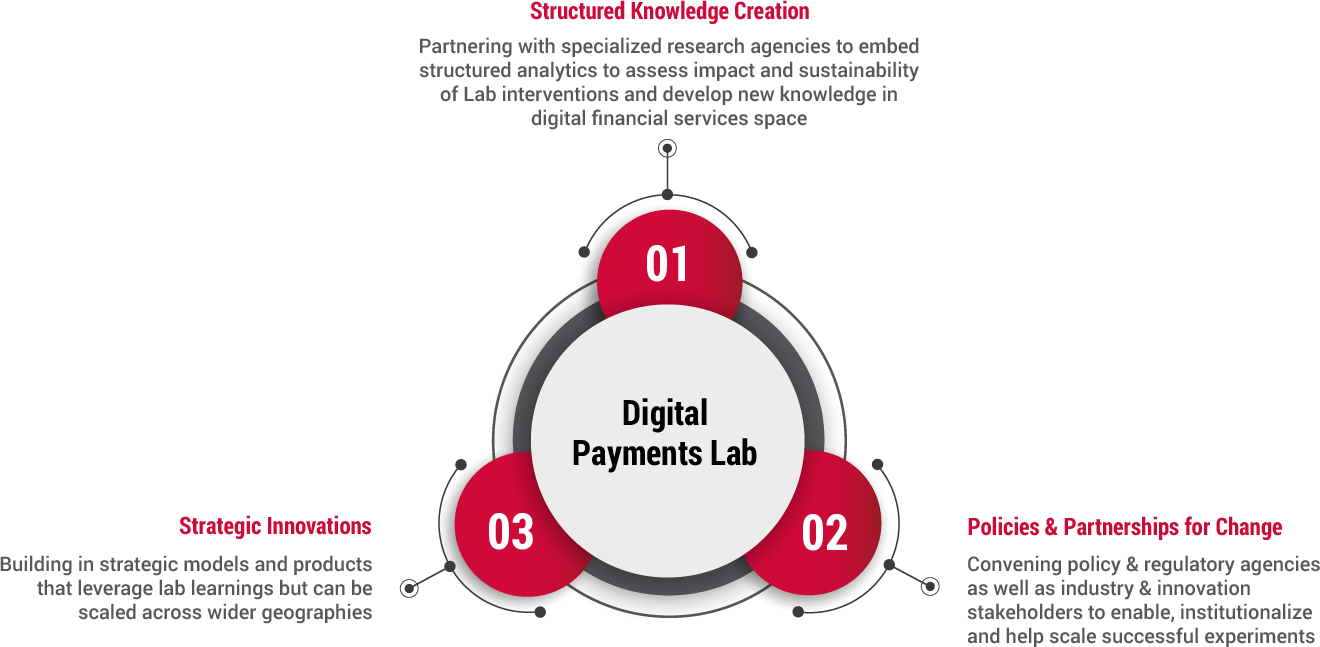Mr. Sanjay Swamy
Managing Partner & Co-Founder Prime Venture Partners
Catalyst recently caught up with Mr. Sanjay Swamy on the promising innovations in the fintech and payments space in India.
Digital Payments have been slow to find adoption in the offline world in India. Three key reasons have come in the way of digital payment acceptance for small merchants.
First, the friction to be included in the system - merchant acquirers have fairly complex requirements for the same
Second, post the one-time onboarding effort, there are several fundamental attributes of cash that digital payments do not have. This includes realization of full value - vs. transaction costs, instant settlement vs. next-day or T+2 settlements, anonymity vs. identified users - consumers often do not want to disclose their name or mobile number to merchants, and finally, traceability of transactions for merchants not wanting to report - though this is made out to be a lot bigger than I believe it is.
The third big reason for the slow uptake has been the inability and unwillingness of the payments service providers to invest in acquisition or education of the small merchant eco-system - largely because of the high costs of on-boarding and low relative ROI. Simplified KYC and/or restricting acceptance to debit-like instruments could make it possible to streamline the same and make it easy for one to start accept digital payments.
Non-SmartPhone solutions are an ice-cube in the sun - it is clear that in the next two years the market will move entirely to smartphones and I for one am dubious about any innovations in the feature phone area having any meaningful adoption. I personally am not looking to invest in feature phone-based solutions in banking and payments. The Smartphone is the #1 aspirational product that non-smartphone users have today. I strongly advise entrepreneurs to ignore the current feature-phone market as it is not here to stay. I may be entirely wrong, but that is my view of the world.
UPI by itself isn’t the threat to PPI’s - it actually brings PPI’s on par with the banks from an interoperability perspective. However, it is clear that this is the end-of-the-road for vanilla PPI’s, as the benefit over a traditional savings bank account has gone away. However, I’m glad to see the more successful PPI’s innovating rapidly and bringing a differentiated experience, becoming marketplaces for credit. The ongoing success of a PPI will be a result of their ability to continue to innovate ahead of banks.
UPI is off to a rollicking start in the P2P payments space as it is a friction-free, zero-cost real-time solution. Aadhaar Pay on the other hand has a long-way to go before it hits any critical mass. The key to the success of both these technologies is investment in acceptance, and as these get universally accepted, you will see a lot more adoption.
Financial Inclusion has been a key focus area for startups. However viable business models have yet to emerge. We are continuously evaluating such companies for investment, and I’m guessing we will start seeing viable companies emerge soon. The formal economy is very innovation ready, which is why we have backed several companies that are making financial services more accessible and providing a better experience for end-users - whether consumers or businesses.
Rather than name anyone, at Prime Venture Partners, we’re constantly on the lookout for fintech entrepreneurs who have a differentiated understanding of the market, have a product innovation that is valuable to a large customer base, and have a distribution strategy that is cleverly scalable - at least over time. The next big payments idea I’m looking to back is hopefully the one the reader of this is working on, and I’m always happy to chat, brainstorm and if possible invest!

